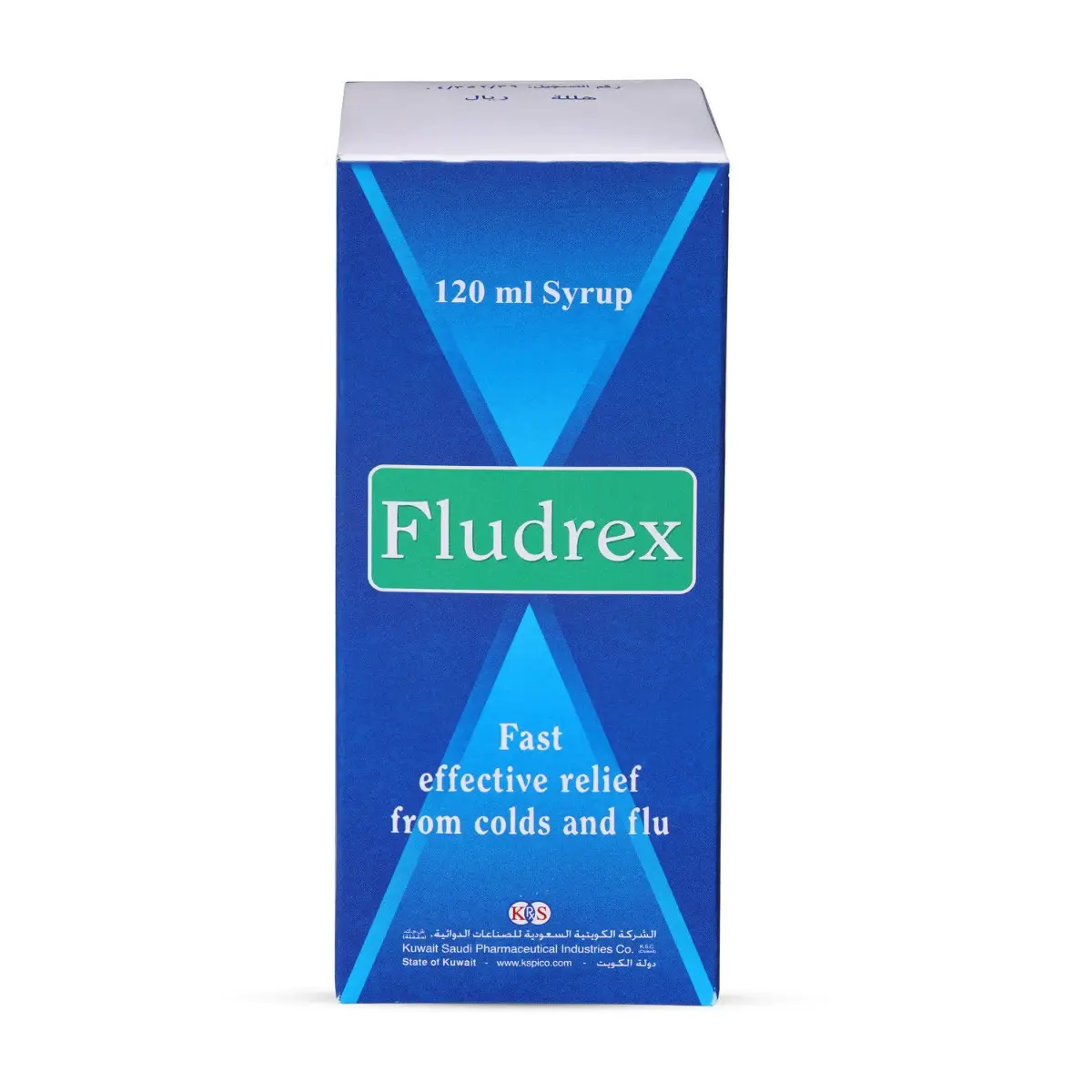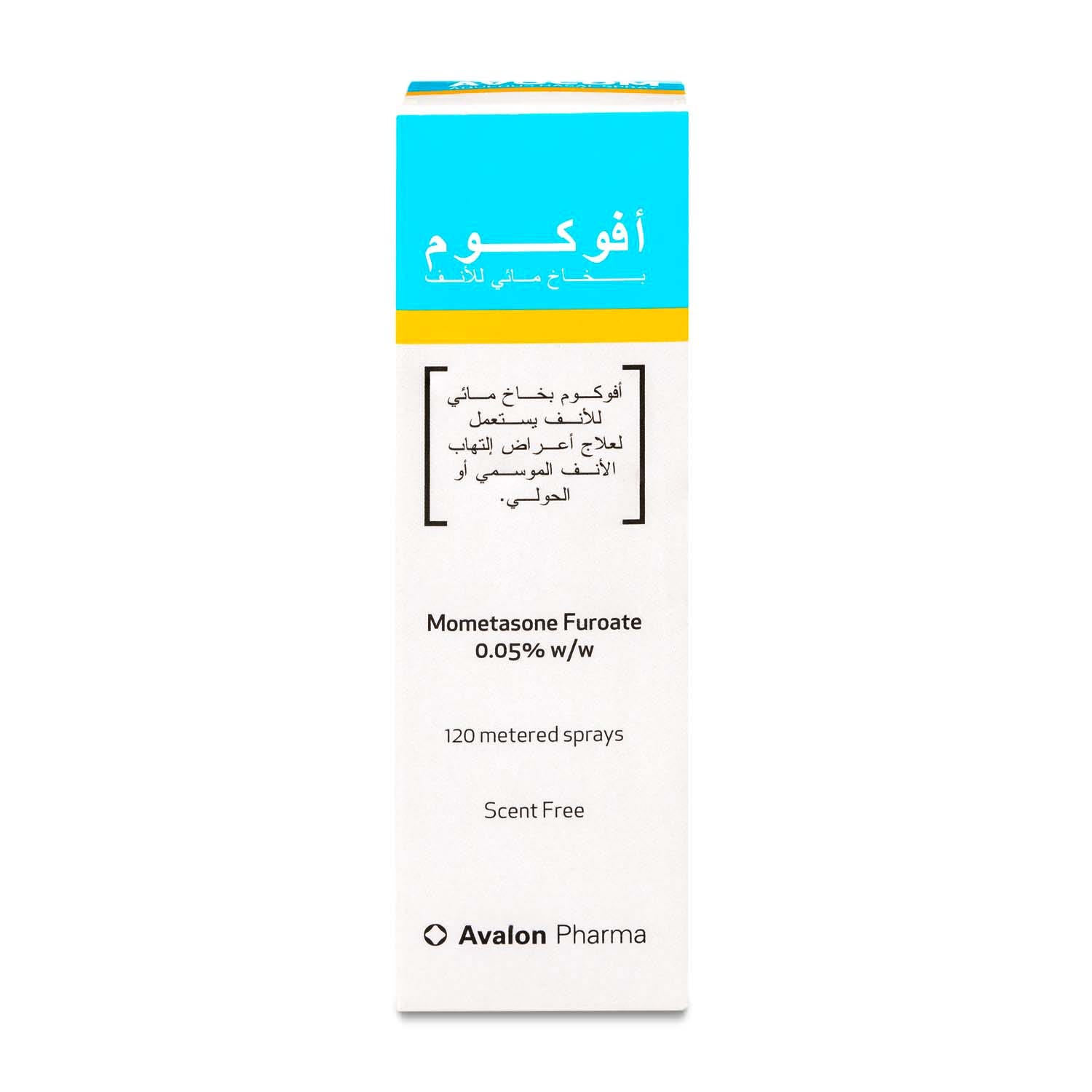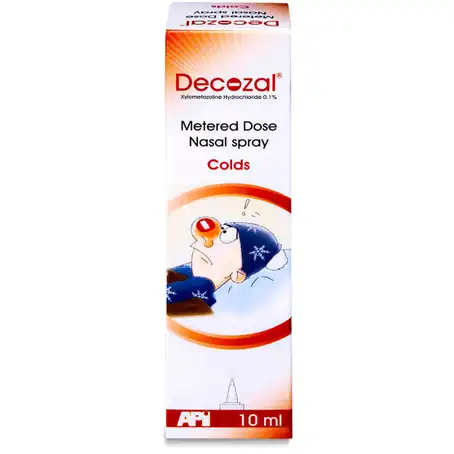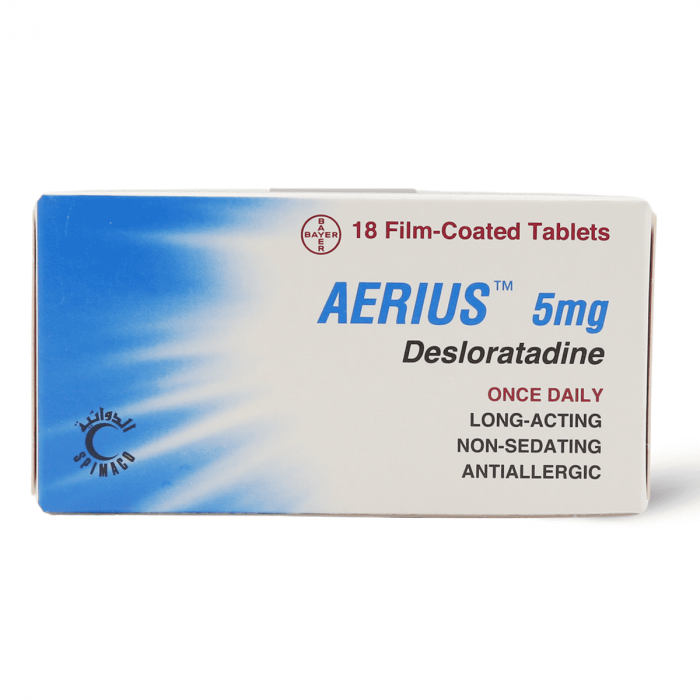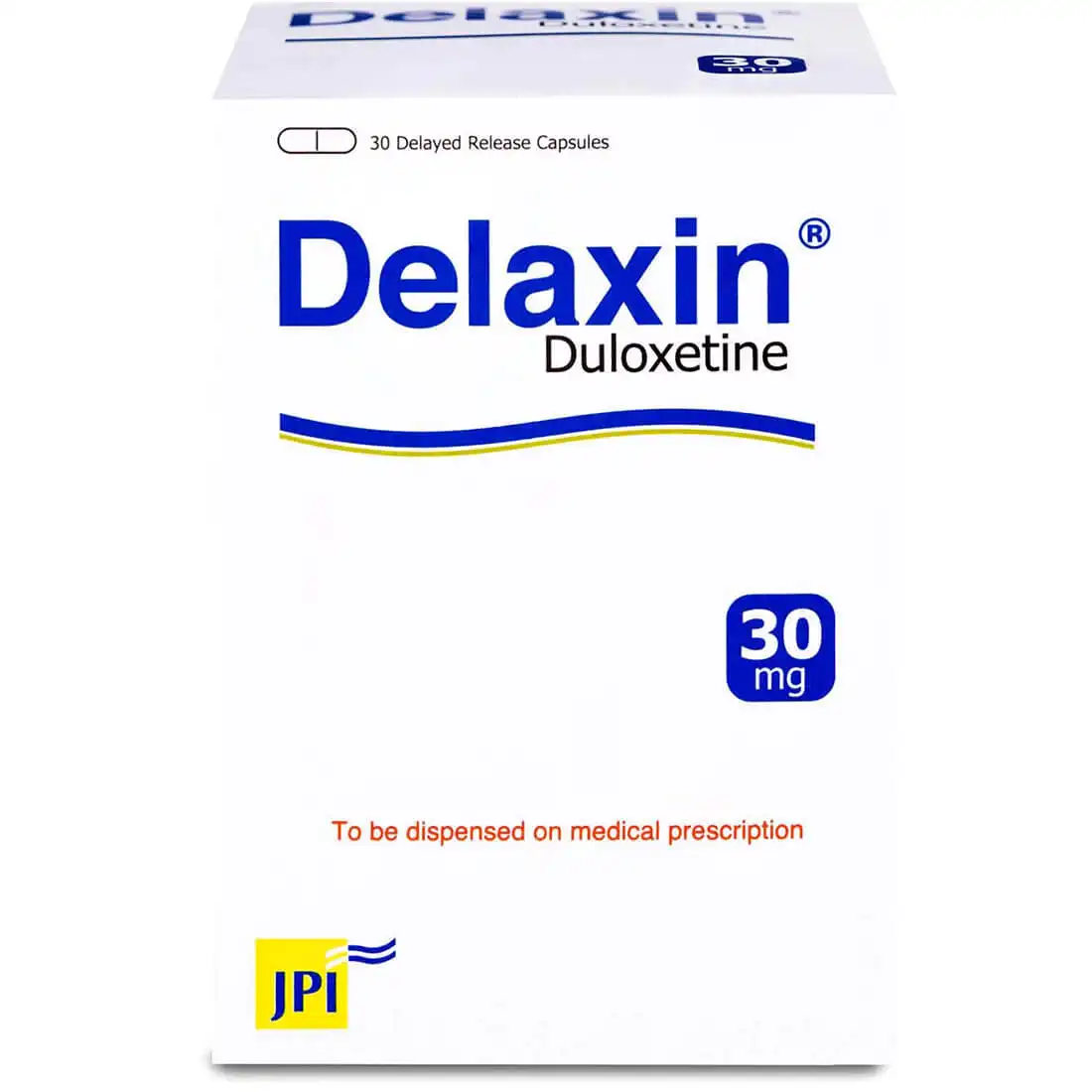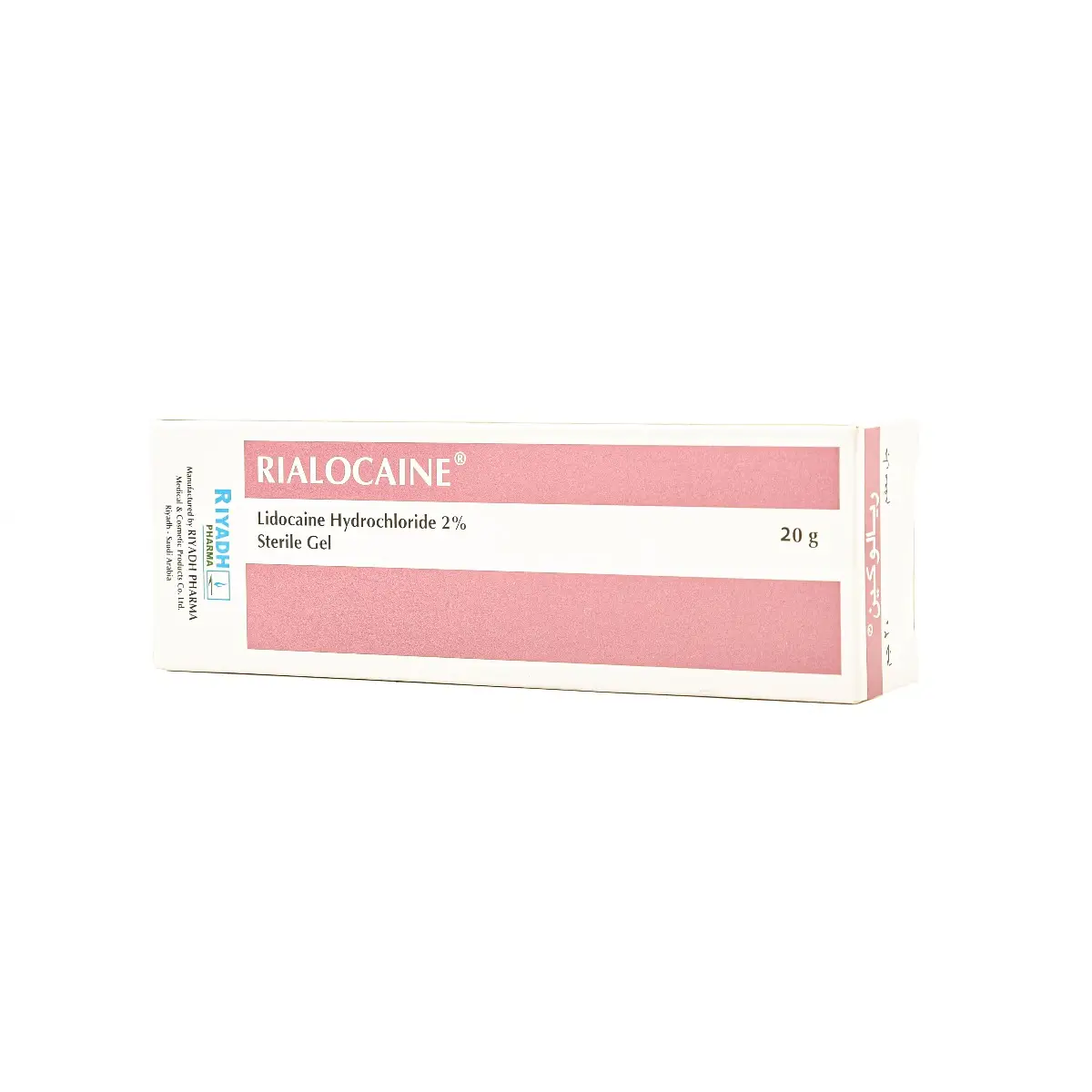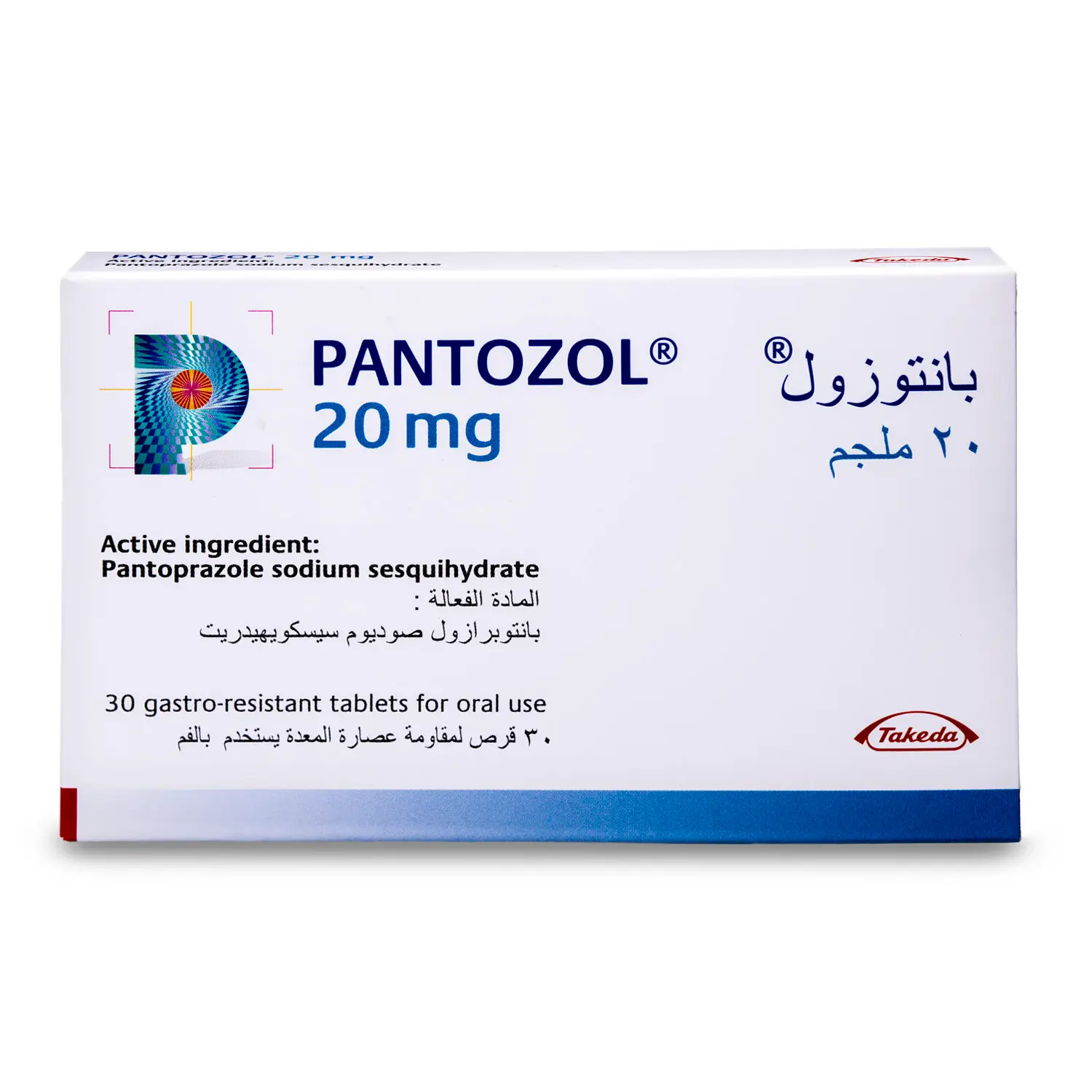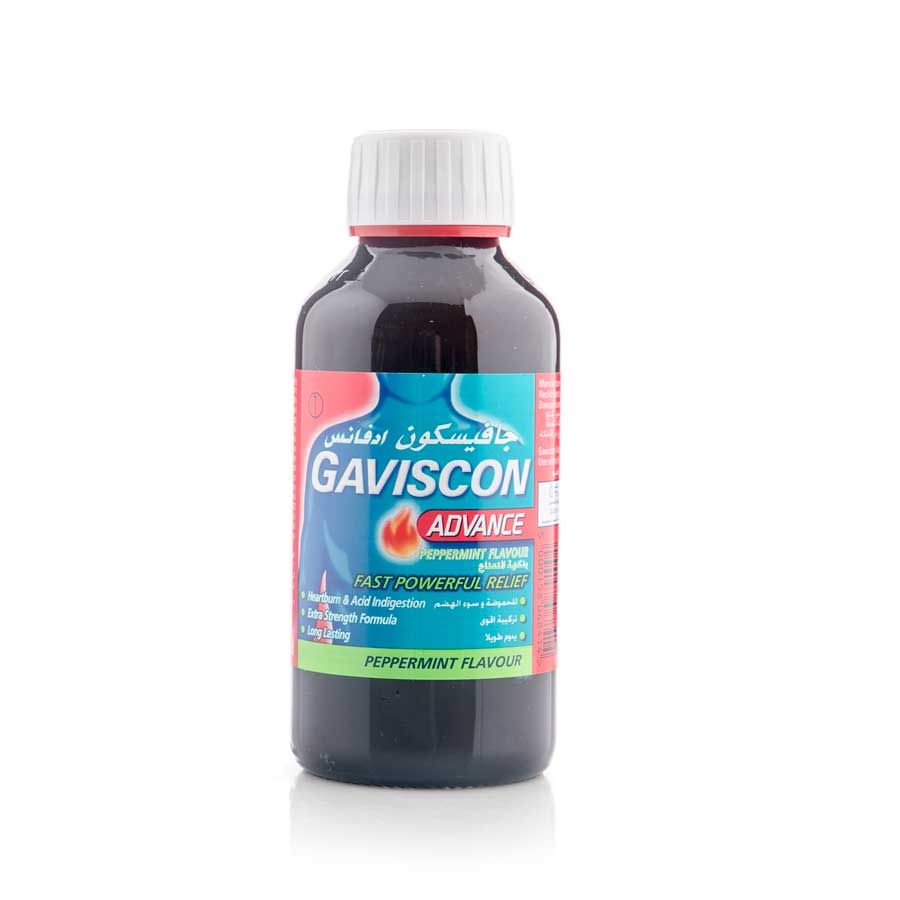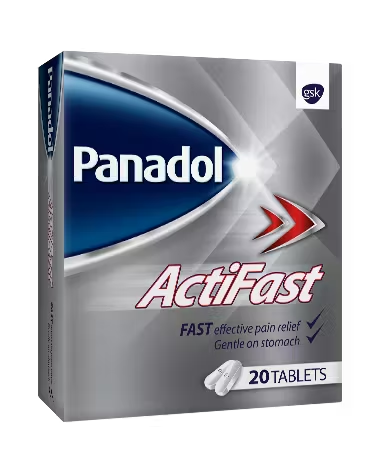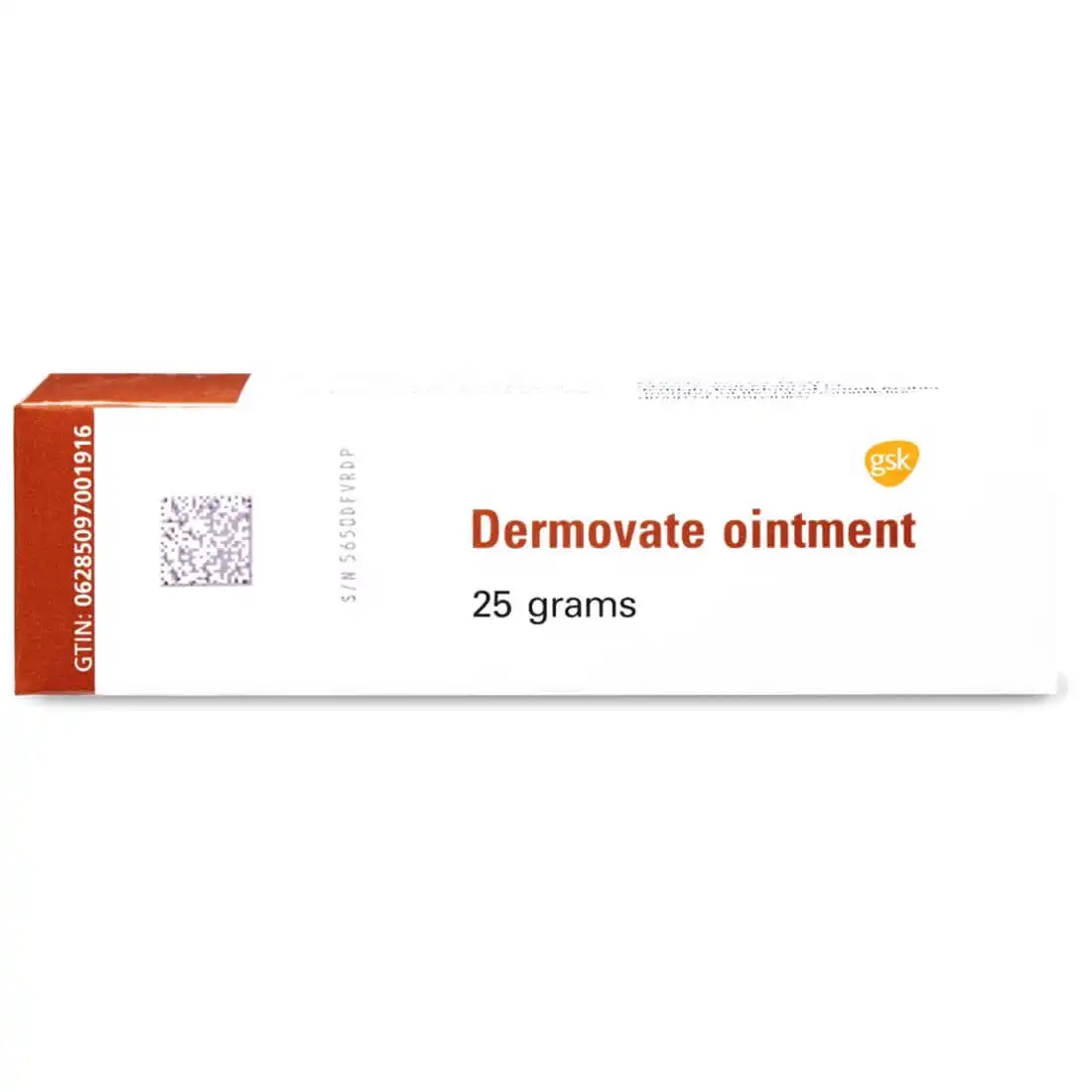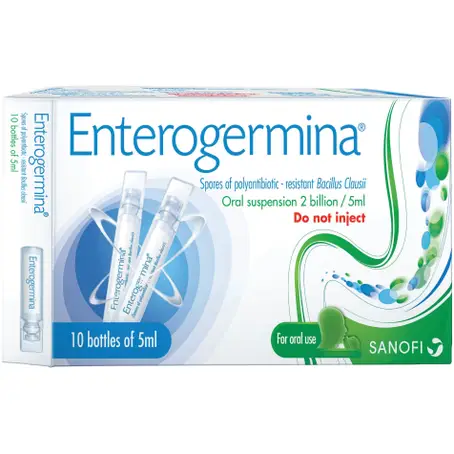| Image | Name | Price |
|---|
Free shipping on orders above 200 SAR
Verify OTP
OTP has been sent to
Verify OTP
OTP has been sent to
Cart Total
Get notified when this product is available
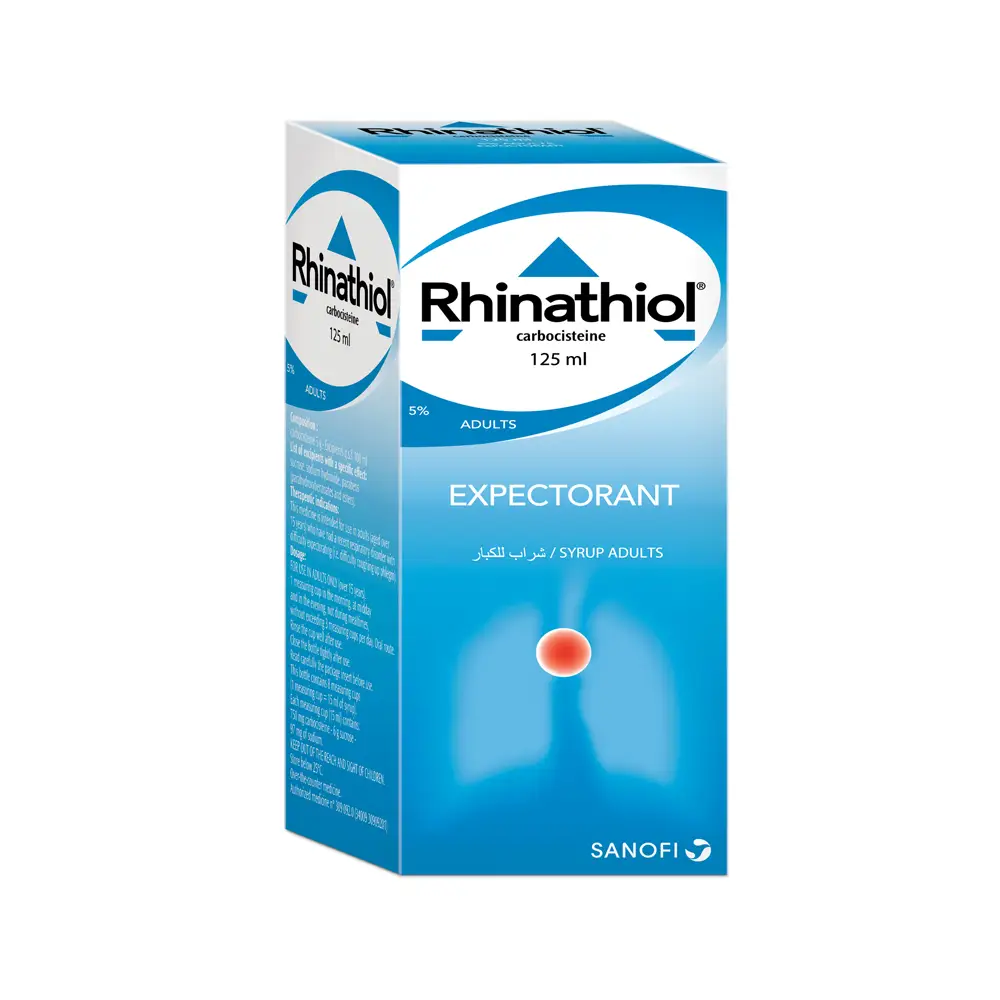
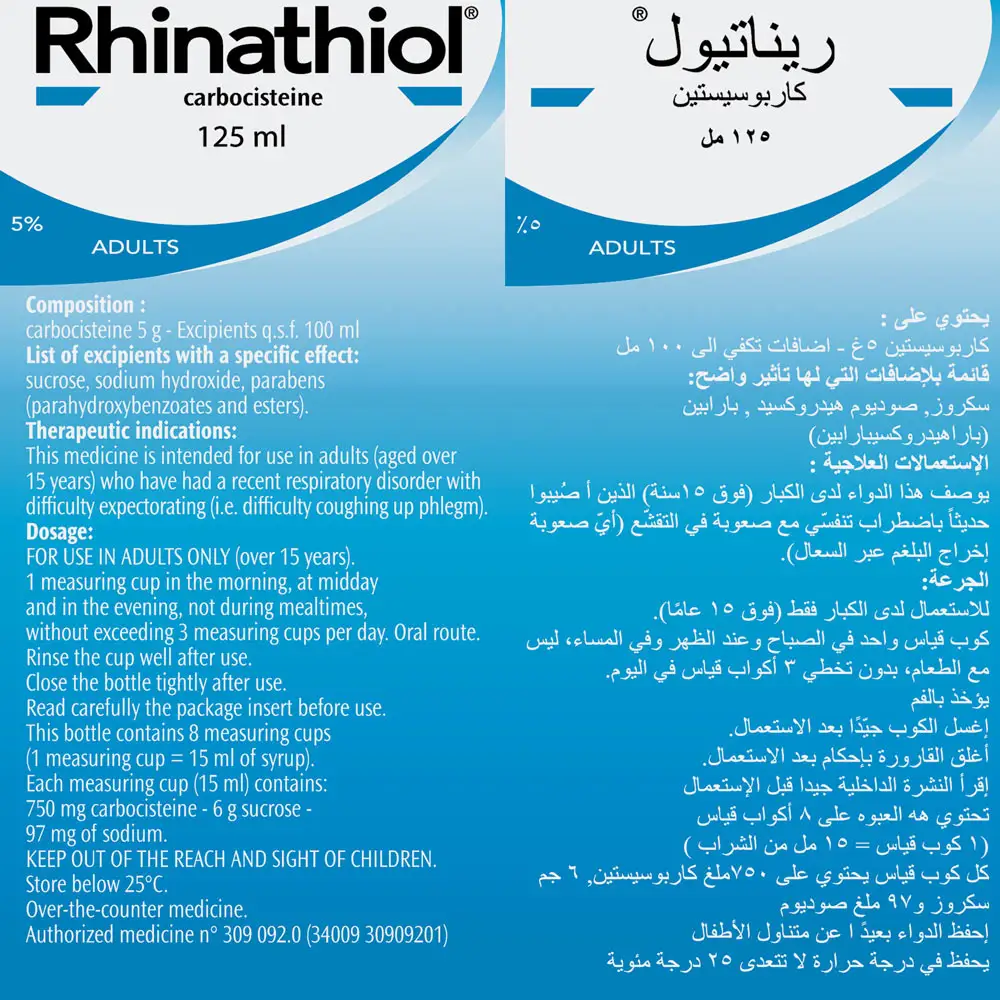
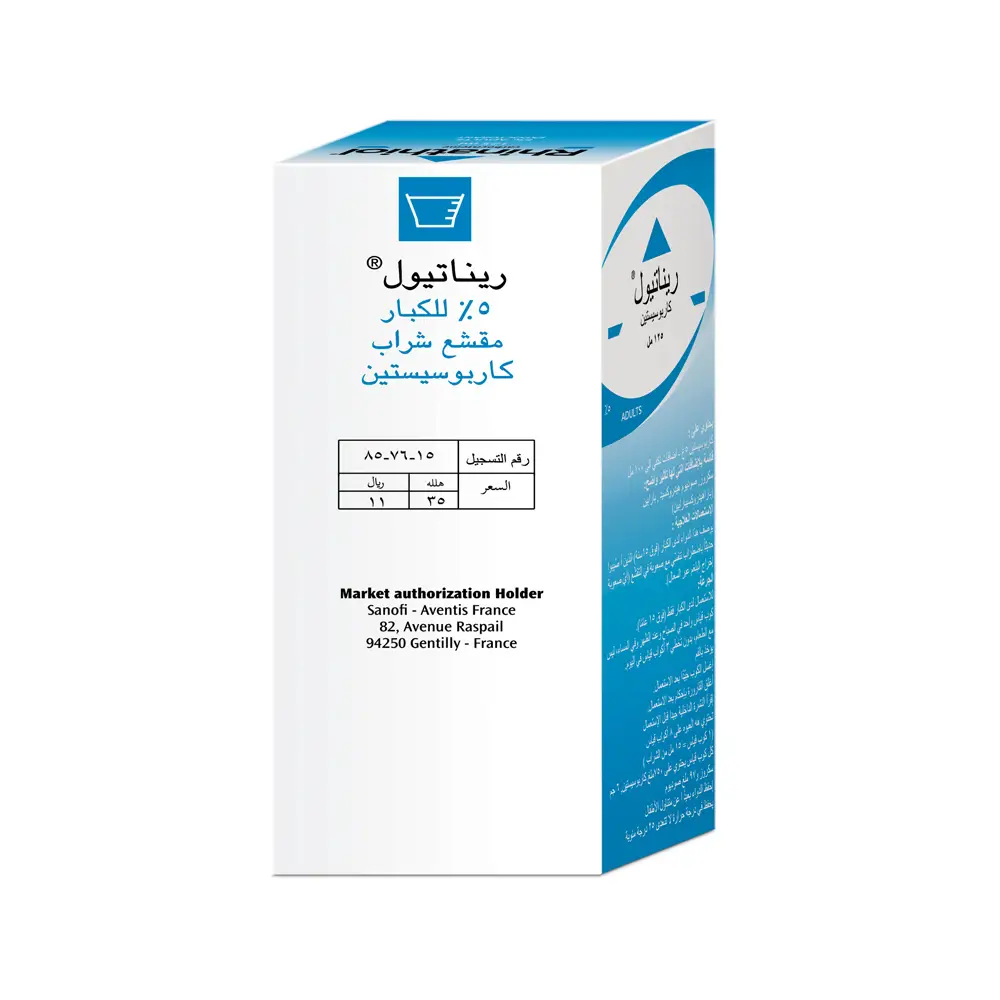




Product Description:
What Carbocysteine is used for:
- Carbocysteine (or Carbocisteine) is used to treat respiratory problems caused by thick mucus (phlegm).
Do not take Carbocysteine:
- If you’re allergic to the active substances or any other component of this medicine.
- If you have an ulcer in your stomach or gut.
Warnings and precautions:
Talk to your doctor about all your medical conditions before taking this medicine including:
- If you have had an ulcer in your stomach or gut.
- If you have a long term cough caused by smoking.
- If you have a cough with a lot of mucus production.
Possible side effects:
- Stop using this product and seek immediate medical help if you develop rash; hives; itching; red, swollen, blistered, or peeling skin; wheezing; tightness in the chest or throat; trouble breathing, swallowing, or talking; unusual hoarseness; or swelling of the mouth, face, lips, tongue, or throat.
Serious side effects:
- Stomach ulcer (vomiting blood, dark tarry stools)
Other medicines and Carbocysteine:
Tell your doctor about all the medicines you are taking, especially:
- Medicines known to cause bleeding in the stomach
How to take Carbocysteine :
- Take as indicated by your doctor.
- Carbocysteine 20 mg/mL is indicated for children aged 2 years and older.
Adults:
- The usual recommended dose is 750 mg (15 mL) 3 times daily.
Children 2-5 years:
- the usual recommended dose is 100 mg 2-3 times daily.
Children 6-11 years:
- the usual recommended dose is 100-250 mg 3 times daily.
Children 12-15 years:
- 100-750 mg 3 times daily.
Childre 16 years and older:
- adult dosing.
How to store Carbocysteine:
- Store at room temperature below 77°F (25°C).
- Keep this medicine out of reach of children.
- Do not use this medicine after the expiry date stated on the package.
- The expiry date refers to the last day of that month.
*Dosage form and route of administration of Carbocysteine 20 mg/mL syrup should be prescribed according to therapeutic indication and disease severity of each individual patient.
| Code | 3582910020912 |
| Brand | Rhinathiol |
| Category | Self Care |
| Unit | PC (1) |


